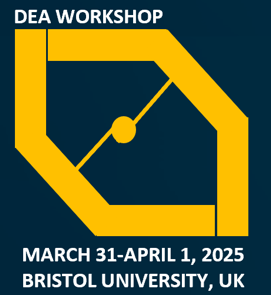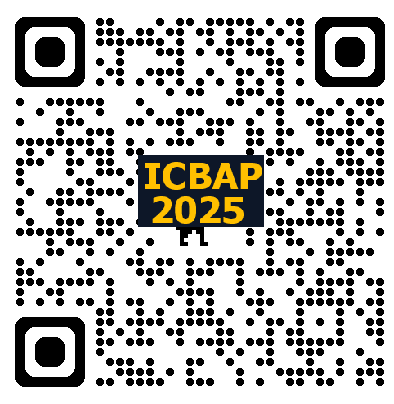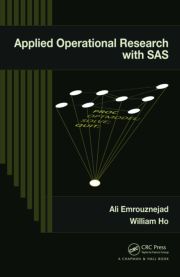Benchmarking and productivity analyses – with economic applications and extensive hands-on activities
PhD School in Economics and Management at CBS
| Course dates 04 March 2019 – 08 March 2019 |
| Lecturer Professor Peter Bogetoft |
| Place/Venue Porcelænshaven 16B, PH16B-118 |
| City Frederiksberg |
| Prerequisites | ||||||||||||||||||||||||||||||||||||||||||||||||||
| A basic knowledge of quantitative methods and statistics is desirable, but the course will refresh the participants’ prior knowledge as we go along. The course will emphasize actual applications in research and consultancy, and will l train the use of opens source softwares like R. Participants are expected to bring their own notebooks to benefit fully from the hands-on activities. | ||||||||||||||||||||||||||||||||||||||||||||||||||
| Aim | ||||||||||||||||||||||||||||||||||||||||||||||||||
| The aim of this course is to introduce the participants to the theory and practice of performance evaluations and their usages in research, policy analyses, incentive schemes and regulation.
Specifically, the objectives are Background: Productivity and efficiency analysis is a rapidly growing, interdisciplinary field of research in economics, management sciences, and statistics. In addition to the empirical research on the magnitude, direction, and sources of productivity growth, this literature has produced quantitative methods such as data envelopment analysis (DEA) and stochastic frontier analysis (SFA), which have diffused beyond their traditional confinement to production settings. These tools are used in many different application areas including environment, development studies, education, finance, health care studies, natural resource management, public economics, and sports studies, among other fields. The tools and approaches of productivity analysis are equally well suited for micro-level analyses of firms and other decision-making units as well as macro-level cross-country comparisons. Integration with incentive theory, mechanism design and decision support systems makes the tools relevant also in normative applications |
||||||||||||||||||||||||||||||||||||||||||||||||||
| Course content | ||||||||||||||||||||||||||||||||||||||||||||||||||
| Day 1 ?* Welcome * Introduction and overview ?* Production and costs models ?* Firm behavior ?* Efficiency concepts * Introduction to softwares
Day 2 ?* Data Envelopment Analyses (DEA) * Non-discretionary, environmental, quality etc variables * Dual models * Game interpretations * Exercises. Day 3 ?* Statistical inference in DEA * Bootstrapping * Two stage models * Stochastic Frontier Analyses (SFA) * Exercises Day 4 ?* Reallocation, market and merger analyses * Decision Support Systems * Network models * Exercises Day 5 ?* Efficiency and Incentives, * Contracts * Regulation * Yardstick competition, * Auctions * Exercises |
||||||||||||||||||||||||||||||||||||||||||||||||||
| Teaching style | ||||||||||||||||||||||||||||||||||||||||||||||||||
| The course (5 ETCS) stretches over five days. Each day will consist of lecturing in the morning and conceptual discussions, presentation of applications by guests and course participants, and hands-on exercises in the afternoon. | ||||||||||||||||||||||||||||||||||||||||||||||||||
|















